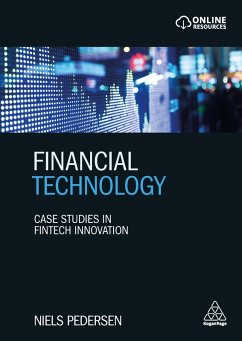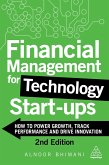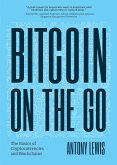Fintech continues to revolutionize financial services. Financial Technology shows you how to navigate this increasingly de-centralized, personalized and automated environment.
This new textbook strikes a balance between academic depth and commercial relevance in examining the advantages and challenges of these changes through the lens of various analytical frameworks. Financial Technology demystifies key technologies, such as blockchains, APIs, AI, machine learning, and cloud computing, in a clear and accessible style suitable for readers with no technological background.
Real-world case studies from a variety of international organizations including Lloyds Bank, TransferWise, Generali, Starling and Stocktwits, bridge the gap between theory and practice and contextualize learning in terms of real businesses, from large incumbents to smaller start-ups. With coverage of robo-advisors, mobile-only banks, open banking and risk and regulation, this book also explores a range of analytical frameworks to critically examine new technologies and emerging business models.
Financial Technology enables readers to understand the fintech movement in the context of recent financial history, examine the key drivers of change and form insights about the financial system in a forward-looking and global manner. Online resources include PowerPoint slides for lecturers and additional case studies.
This new textbook strikes a balance between academic depth and commercial relevance in examining the advantages and challenges of these changes through the lens of various analytical frameworks. Financial Technology demystifies key technologies, such as blockchains, APIs, AI, machine learning, and cloud computing, in a clear and accessible style suitable for readers with no technological background.
Real-world case studies from a variety of international organizations including Lloyds Bank, TransferWise, Generali, Starling and Stocktwits, bridge the gap between theory and practice and contextualize learning in terms of real businesses, from large incumbents to smaller start-ups. With coverage of robo-advisors, mobile-only banks, open banking and risk and regulation, this book also explores a range of analytical frameworks to critically examine new technologies and emerging business models.
Financial Technology enables readers to understand the fintech movement in the context of recent financial history, examine the key drivers of change and form insights about the financial system in a forward-looking and global manner. Online resources include PowerPoint slides for lecturers and additional case studies.









